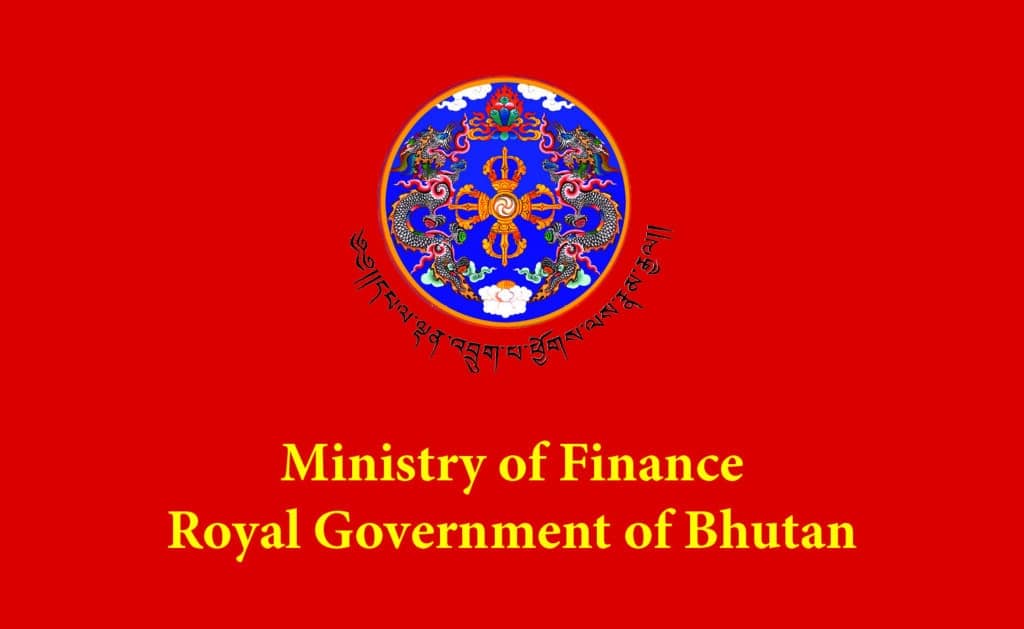The farmers in Barshong chiwog of Sershong gewog in Sarpang are increasingly getting discouraged to continue paddy cultivation in the absence of proper irrigation facilities in the village.
Over the years, farmers have started leaving their wetlands fallow. While they have also resorted to paddy cultivation using monsoon rainwater, they say there is no adequate harvest without water for irrigation.
Barshong village is perched on a hilltop and has no water source and irrigational channels to bring water to the village though there are wetlands belonging to around 20 households.
A 65-year-old farmer, Tashi Dorji, said people are now gradually stopping paddy cultivation.
He has 2.5 acres of wetland on which he has stopped cultivating paddy from last year.
Tashi Dorji said farmers had worked for six months in 2006 to construct irrigation channels and that it failed.
Only a few farmers now continue to cultivate paddy where they have irrigation facilities. The farmers, meanwhile, have been trying to resort to temporary source from the nearby spring during monsoon, but the water dries up too early. The farmers have also been taking turns to irrigate their wetlands during plantation given the limited water for irrigation.
Jigme Yangzom, 30, however, has let others to cultivate paddy in her 1.85 acres of wetland.
“We can’t reap proper harvest. So I have given it to others. It’s a waste,” she said.
Cheychey, 59, who has 1.3 acres of land, still relies on rainwater for cultivation. When there is no rain, she says that her family doesn’t cultivate paddy.
“It takes a longer time to complete plantation. We rely on rainwater,” she said.
Another farmer Leki Chenzom, 56, said, “The annual paddy harvest does not sustain our family for a whole year and we have to anyhow buy rice. So it’s better to work outside and earn than struggle.”
Barshong farmers, whose landholdings mostly comprise wetlands, want to convert them into dryland where they can grow other products. Up to 70% of their total lands are wetlands. These farmers say that the government restricts landowners to carry out other activities like cultivation of cash crops and construction of houses.
The farmers say that without proper irrigation facilities, they are also planning to do alternative activities.
“We can explore other options like areca nut and other cash crops cultivation but we are restricted. We want to convert our wetland into dryland so that we can do alternative cropping,” Tashi Dorji said.
Barshong Tshogpa, Karchung told Business Bhutan that various measures have failed to provide proper irrigation facilities to these farmers.
“Conversion is the only alternative. They can resort to other economic activities,” he said.
Meanwhile, Sershong Gup Tshering said the gewog administration had also explored measures to help these farmers but had failed.
“The gewog tried to provide pipe irrigation. Also it is impossible to pump water from the nearby river where there is not enough water. I feel the need to convert their land into dryland, but there is no such provision in the Land Act,” he added.
Krishna Ghalley from Sershong, Gelephu













